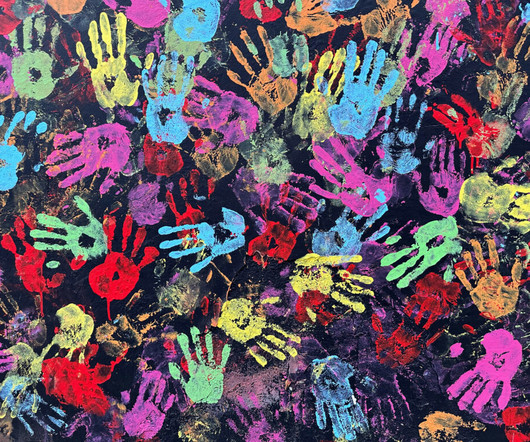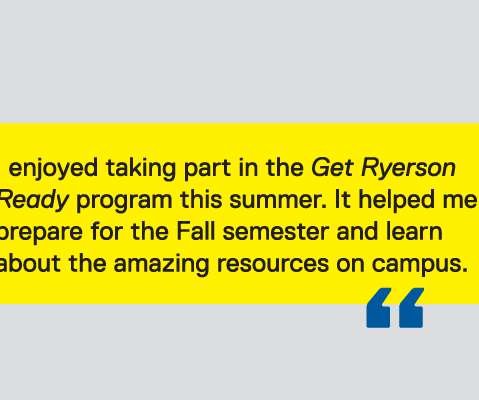Generating AI Alternatives – workshop reflections
Catherine Cronin
JANUARY 16, 2025
We created and facilitated an inclusive workshop space, inviting participants to personally reflect on these ideas and questions, and to create an artefact to express their ideas. The workshop was designed to run simultaneously face-to-face and online, with multiple facilitators in each space.











Let's personalize your content